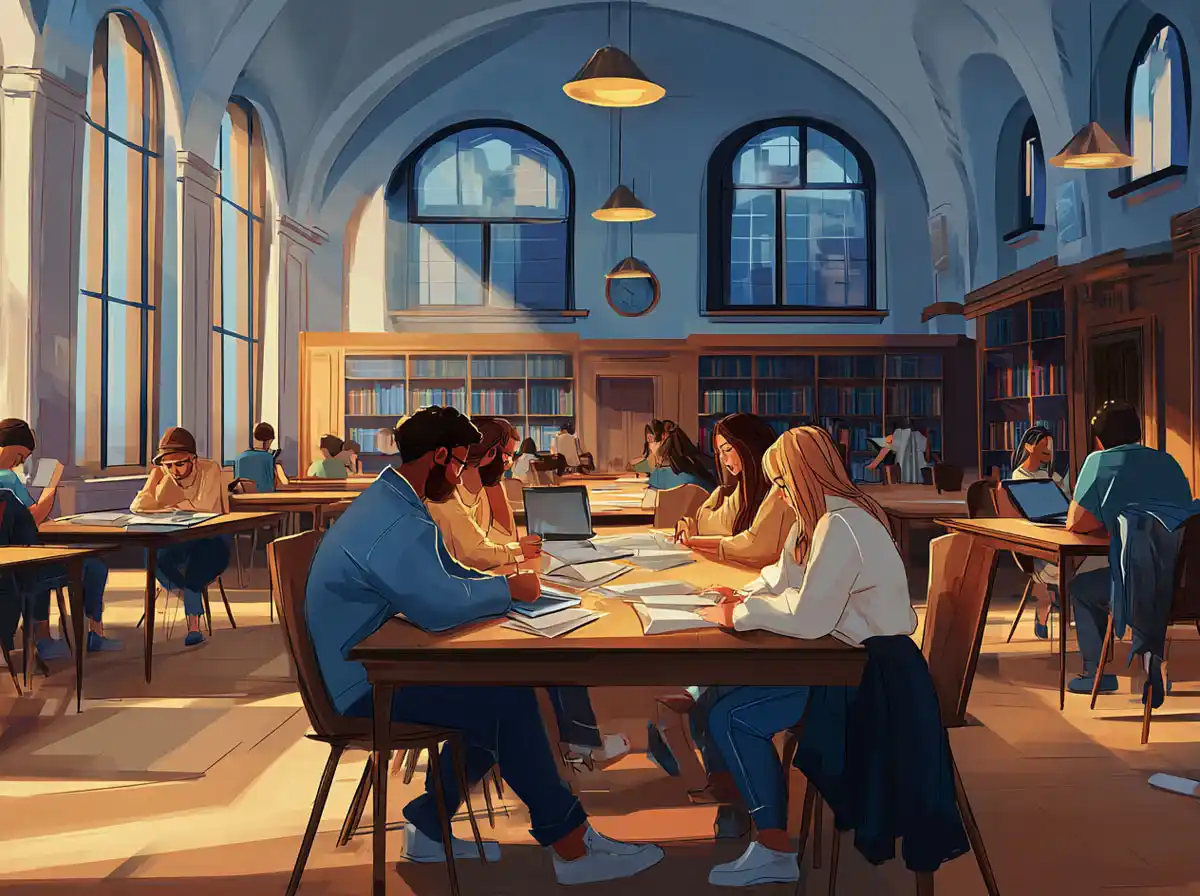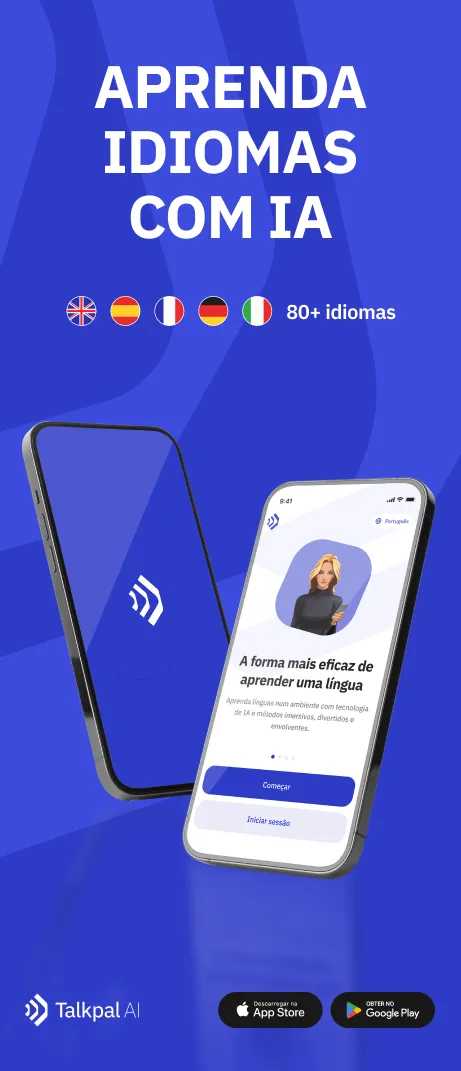Praticar é essencial para internalizar as regras de uso dos tempos passados. Por isso, preparamos exercícios específicos que desafiam o estudante a identificar e usar corretamente as formas passadas dos verbos em inglês. A seguir, cada frase contém um espaço em branco onde o aluno deverá preencher com a forma correta do verbo no tempo passado indicado. Vamos começar!
Exercício 1: Past Simple e Past Continuous
Last night at the concert, she *saw* (see) her favorite band for the first time.
What *were* (be) you doing when I called you yesterday?
I *didn’t hear* (not hear) the phone ring because I was taking a shower.
While we *were walking* (walk) home, it started to rain heavily.
They *went* (go) to Paris last summer for their anniversary.
When he entered the room, everyone *was talking* (talk) about the football match.
I *studied* (study) French when I was in high school.
Why *did* (do) she look so happy when you saw her?
The children *were playing* (play) in the park when it suddenly got cold.
He *forgot* (forget) to send the email before leaving the office.
As I *was driving* (drive) home, I realized I left my wallet at the restaurant.
Yesterday, they *didn’t want* (not want) to come with us to the movie theater.
Who *did* (do) you meet at the party last night?
She *was reading* (read) a book when the electricity went out.
The cat *hid* (hide) under the bed during the thunderstorm.
Exercício 2: Past Perfect e Past Perfect Continuous
By the time we arrived, the movie *had already started* (already start).
I *had been working* (be work) at that company for five years when it went bankrupt.
The ground was wet because it *had been raining* (be rain) all morning.
She *had finished* (finish) her homework before she went to the cinema.
He *hadn’t seen* (not see) her for a long time before yesterday’s reunion.
They were hungry because they *hadn’t eaten* (not eat) anything since breakfast.
I *had just left* (just leave) the house when you called.
We *had been talking* (be talk) about you just before you arrived!
She *had never flown* (never fly) in an airplane before that trip.
I was tired last night because I *had been exercising* (be exercise).
After he *had done* (do) his chores, he played video games.
She couldn’t remember where she *had put* (put) her keys.
They *had been driving* (be drive) for hours before they reached their destination.
The cake was delicious, but I was full because I *had already eaten* (already eat) a big meal.
I couldn’t believe that I *had forgotten* (forget) my friend’s birthday.










